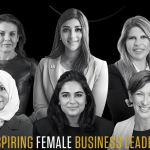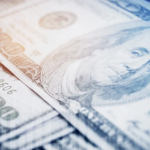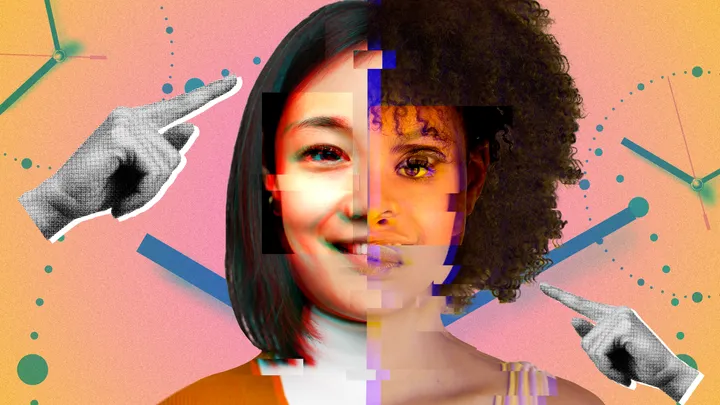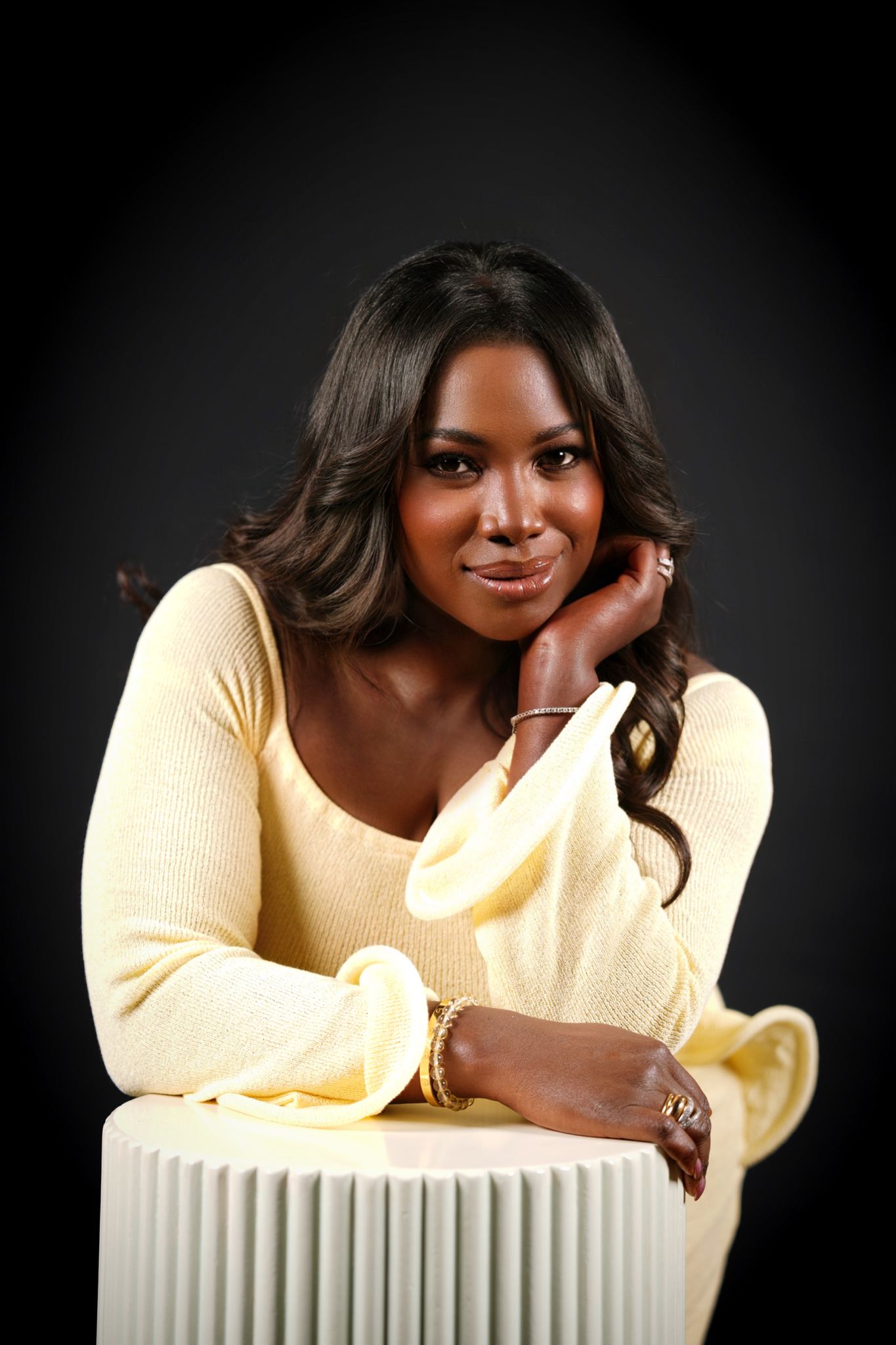Youth is still prized as a superpower in society, including where you work. Research has found that people are more likely to automatically assume you are more ambitious, intelligent and tech-savvy when you are thought to be younger.
But in the workplace, being young or looking young can also be wielded against women.
In a new preliminary study featured in Harvard Business Review, researchers Amy Diehl, Leanne M. Dzubinski and Amber L. Stephenson surveyed 913 women leaders who work in higher education, faith-based nonprofits, law and health care and they found that age discrimination was not just happening to older women. Younger women under 40 were having their experiences and credibility dismissed and discounted because of their age.
The researchers referred to this as a “youngism” bias, which happens when someone’s presumed younger age is conflated with inexperience, incompetence and immaturity. Although there are federal protections against age discrimination at work, they only apply to workers 40 and older. But age discrimination can start much sooner than that.
“Younger women — and those who looked young — were called pet names or even patted on the head, as one 39-year-old woman reported. Young women also experienced role incredulity,” the researchers wrote. “They reported being mistaken for students, interns, trainees, support staff, secretaries, paralegals, and court reporters. Such inaccurate assumptions were especially prevalent for non-White women, such as an Asian higher-education executive who appeared young and was presumed to be in a junior position.”
Diehl told HuffPost that gendered ageism for younger women can be insidious because you may think it’s personal when it’s not. It’s a systemic form of discrimination happening to too many women.
“You think ‘It’s just me. I’m just not old enough. I haven’t served enough time in my career. Maybe my ideas aren’t that good, maybe this person who’s older than me, this man that’s older than me does know better,’” Diehl explained. “If it happens to you as a woman, no matter what age you are, do not take it personally, realize it’s a larger phenomenon.”
‘Youngism’ particularly affects women of color.
Nadia De Ala, founder of Real You Leadership, a group coaching program for women of color, said the study’s findings align with her clients’ and her own experiences of being discredited and infantilized at work because of assumed age.
“Being treated like a child is degrading,” De Ala said. “As a 4-foot-11 petite Filipina woman, I naturally get called ‘cute,’ ‘small,’ ‘sweetie,’ ‘honey.’ Especially when I was in software tech sales, when I worked with selling integration systems to C-suite executives. Even when I was negotiating million dollar deals. One person even called me Minnie Mouse over the phone. And that didn’t happen until after they saw me in person.“
Similar to the women in the survey, De Ala also recalled experiences of colleagues who were her peers patting her on the head. “It’s been multiple pats on the head,” she said, recalling that when it happened one time, “I just turned around and gave the dirtiest look and said, ‘Why’d you do that?’”
Stephenson, one of the study’s researchers, said comments like “How could you possibly understand at your age?” and “You haven’t lived, you haven’t experienced…” can also be sending a message to younger women that “you haven’t paid your dues.”
De Ala recalled interviewing a job candidate for a position at her company and experienced an ageist put-down from him.
“When I was interviewing him, he kept talking down to me about sales roles and sales tactics and sales philosophy and literally said statements like, ‘You’ll get there one day,’” De Ala recalled. “I was like, ‘Uh, I am here. I’m interviewing you.’”
Diehl said that youngism can also be used to maintain male-dominated status quos in workplaces.
“Men are promoted based on their potential, and their professional ambition is not a bad thing,” Diehl said. “Whereas [for] women, the goal is to try to keep women in their place supporting men in the male-controlled environment.”
In this way, men can professionally benefit from the positive associations with youth, while women often do not.
Jean Hsu, an engineering vice president in Berkeley, California, noted that in her field of tech, young white men, in particular, can benefit from the “young hacker genius” stereotype, while women in tech can have their youthful appearance associated with inexperience.











